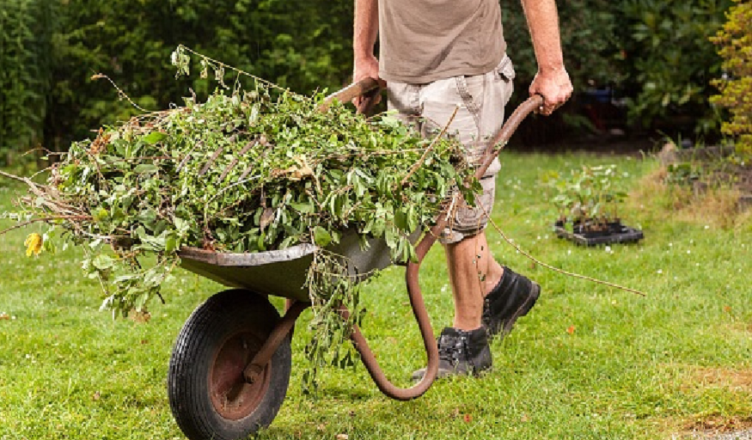The coronavirus causes an untold number of problems we don’t think about day to day during a crisis. It’s a safe bet; not many think about rubbish until it starts piling up. The UK’s up tick in household waste related to the COVID-19 pandemic has culminated in significant waste disposal and recycling headaches for councils in past months. Local authority’s answer in the interim was the incineration of refuse.
The Choice: Incineration of Refuse or An Increase In Fly-tipping
UK citizens have found fault with incinerating household waste because this includes recyclables items. Earlier in the pandemic, some confess to hoarding full bags of recyclables in hopes of waste and recycling centres re-opening until running out of the room to store them. Fly-tipping, which is the act of dumping large residential waste items and rubbish in hedgerows and on street corners, also became a problem. UK citizens had a choice of incineration of waste or the approximate 20 percent rise in fly-tipping, costing the public purse for rubbish clearance and enforcement of infractions.
Updated Waste Disposal Guidelines To Assist LAs
Safety being of utmost importance where the staff is lacking has caused a cease in operations beginning in April for about 90% of Household Waste Recycling Centres or HWRCs. On July 9, 2020, the Department for Environment, Food, and Rural Affairs updated non-statutory guidelines to help local authorities re-open HWRCs where possible. The department says there is no reason why many of the centres can’t re-open for citizens to dispose of recyclables safely since the facilities are in an outdoor environment; the risk is fairly low.
Guideline contents address the following:
Re-opening Household Waste and Recycling centres
This section addresses the rationale used for re-opening and maintaining centres and materials
accepted at the centres. However, it does not set an over-all date for a mass re-opening, placing the responsibility with local authorities.
Guidance To Help Local Authorities Make Re-opening Decision
Guidelines important in addressing protections for staff and patrons regarding social distancing and shielding. This section also has a “Further Guidance” subsection, which lists references to other vital resources.
Read more: How to Beautify Your Garden on a Budget
Annex: Communication To Residents
Refers to guidelines on how to properly communicate measures to patrons regarding topics like hours of operation, material accepted at waste recycling centres, and required protective equipment.
The critical points of these guidelines are first and foremost protecting the health of staff members
and visitors to these local UK waste facilities. Ultimately curbside collections of residual and recyclable materials remain a high priority to keep streets maintained. Go to: Managing Household
- Waste and Recycling Centres (HWRCs) in England during the coronavirus (COVID-19) pandemic
- for more information.

